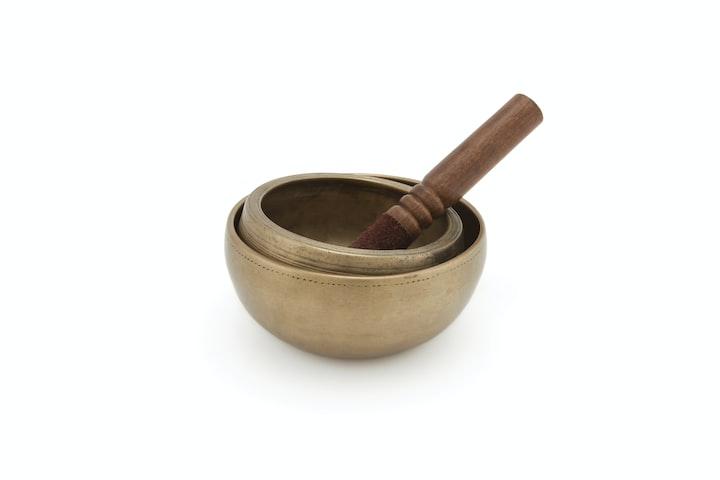There are a few different ways that you can speed up wound healing. One way is to make sure that the wound is clean and free of any debris. This will help to prevent infection and allow the body to start the healing process more quickly. Another way to speed up wound healing is to keep the area moist. This can be done by using a Band-Aid or similar product that will keep the area hydrated and protected. Finally, it is important to keep the area protected from further injury. This means avoiding activities or situations that could cause additional damage to the wound.
Get Some Rest. Getting a lot of sleep can help wounds heal more quickly
Most people need around eight hours of sleep a day. Some people may need more or less. If you have a wound, you might need even more sleep to give your body time to heal.
Sleep helps the body repair itself. When you sleep, your body makes more of the proteins that it needs to heal wounds. These proteins are called cytokines. Cytokines help fight infection and promote healing.
Sleep also reduces stress levels. Stress can make it harder for wounds to heal. It can also make existing conditions worse, such as diabetes and high blood pressure. So getting enough rest can help reduce stress and promote healing at the same time.
Eat Your Veggies. Healthy food and nutritional supplements are said to boost your immune response and prompt the wound healing process
We all know that vegetables are good for us, but did you know that they can also speed up wound healing? That’s right – eating your veggies can help your body to heal wounds faster.
There are a few different ways in which vegetables can help to speed up wound healing. Firstly, they provide the body with essential vitamins and minerals which are needed for cell regeneration and repair. Secondly, many vegetables contain antioxidants which help to protect the cells from damage and promote healing. Finally, some vegetables contain compounds which have anti-inflammatory properties, helping to reduce swelling and pain around the wound site.
So, what are the best veggies for speeding up wound healing? Well, there are a few different options depending on what you like to eat. If you’re a fan of leafy greens such as spinach or kale, then these are great choices as they’re packed full of nutrients which will support your body during the healing process. Other good options include broccoli, sweet potatoes and carrots – all of which contain plenty of vitamins and minerals needed for proper cell function.
Of course, you don’t have to eat nothing but veggies if you want to speed up wound healing – although it would certainly help! Just make sure that you’re including plenty of fresh produce in your diet so that your body has all the nutrients it needs to heal itself quickly and effectively.
Don’t Stop the Exercise
The Benefits of Exercising Through an Injury
It’s easy to feel like you need to take a break from exercising when you’re injured. But in many cases, stopping your workout routine can actually make your injury worse. Exercise can help speed up the healing process and get you back on your feet faster.
There are two main types of injuries: acute and chronic. Acute injuries are sudden and usually happen as the result of an accident or trauma. They include things like sprains, strains, and fractures. Chronic injuries develop over time and are often caused by repetitive motions or poor form during exercise. They include conditions like tendinitis and bursitis.
If you have an acute injury, it’s important to see a doctor right away so that they can properly diagnose the problem and recommend a treatment plan. In some cases, surgery may be necessary to fix the damage. But in most cases, rest, ice, compression, and elevation (RICE) will be sufficient to treat the injury at home.
If you have a chronic injury, it’s important to see a doctor or physical therapist so that they can help identify the root cause of the problem and develop a plan to address it. In many cases, chronic injuries can be resolved with stretching exercises, massage therapy, corrective exercises, bracing/taping techniques.
Quit Smoking
Smokers take, on average, twice as long to heal from wounds as non-smokers. That’s because smoking impairs blood flow and delivery of oxygen to the cells, which are essential for wound healing.
So if you’re a smoker and you want to heal your wounds quickly, the best thing you can do is quit smoking. It’s not easy, but it’s worth it. There are many resources available to help you quit, so find one that works for you and make the commitment to kick nicotine out of your life for good!
